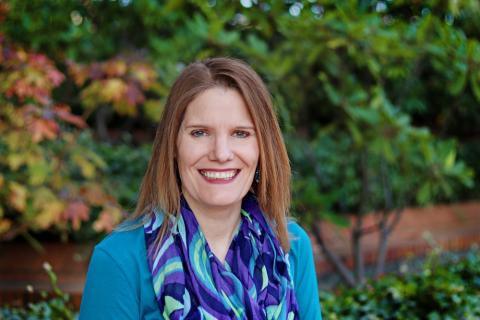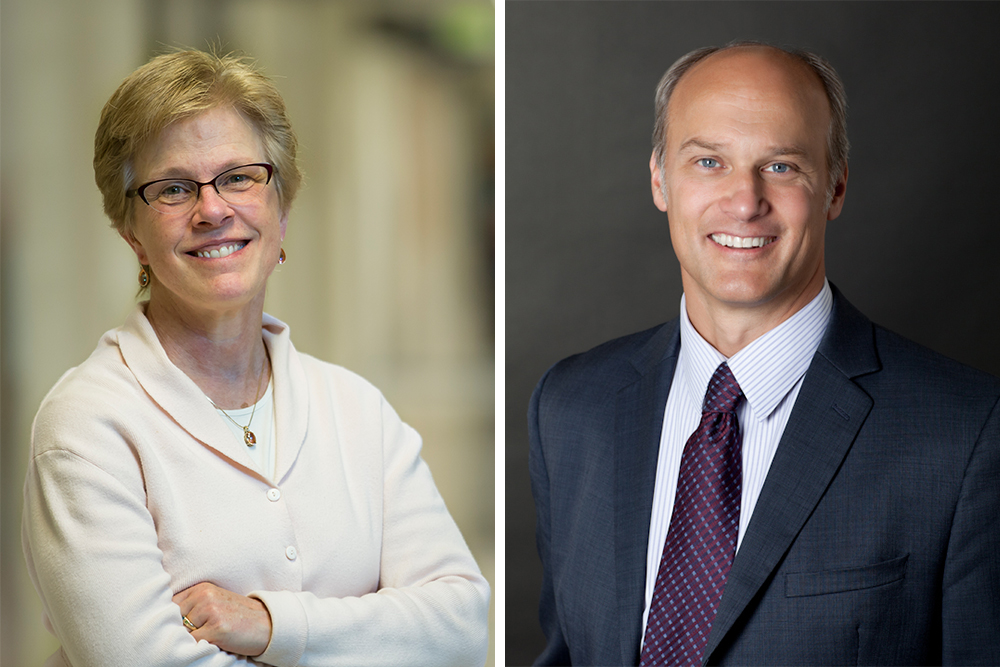
Nicole (Nikki) Dettmar recently joined the Northwest Center for Public Health Practice (NWCPHP) from the University of Washington Libraries.
Nikki will be supporting training and learning activities with NWCPHP, as well as serving as the program manager for the new cross-sector Leadership Institute aimed at bringing together public health and primary care professionals. As the program manager, she will support the development, implementation of, and recruitment for the Institute, working closely with partners at the Northwest Regional Primary Care Association. Nikki joins NWCPHP from the University Libraries where she was a curriculum design librarian for more than four years. Nikki talks more with us about her career and her new role.
Q. What brought you to public health and NWCPHP?
I greatly enjoy working for UW and am very excited to begin this new chapter of my UW career by supporting NWCPHP’s mission — promoting excellence in public health by linking academia and the practice community. The Center’s strength is clearly evident in their collaborative work, partnerships, and specialized teams that make eLearning, evaluation, training, and outreach possible! As program manager for the Leadership Institute, I am drawn to the focus on health and leadership from a perspective that emphasizes health equity and social justice. My previous positions have significantly broadened my own outlook to advocate for anti-racism and consider the implicit bias in health care disparities. Elevating social justice in public health as a way to acknowledge inequity to access of care and support all community members deeply resonates with me.
Q. What unique perspective and skills do you bring to NWCPHP?
I have a background of regional health awareness and workforce training thanks to my seven years of outreach and education work with the National Network of Libraries of Medicine at UW Libraries before my curriculum design librarian position. While at the national network, I specifically worked in its Pacific Northwest Region as well as its National Evaluation Office, which supports the evaluation needs of the network and its member institutes across the country. As many health sciences librarians tend to be, I am passionate about equitable access in research and education. I have taught sessions in-person and online with faculty from UW Schools of Dentistry, Medicine, Nursing, and Pharmacy. Bringing my perspectives of workforce training and academia together in my role at NWCPHP feels like the best of both worlds to me!
Q. What are you most looking forward to in your new position?
It is essential that future leaders have an ideal educational experience as scholars in the new innovative Leadership Institute for public health and primary care professionals. Our goal is to support them in leading collaborative systems changes. I am well familiar with the phenomenal dedication they have to our region’s rural and underserved communities, as well as the challenges they face with dedicating time for their own workforce training. I am delighted to manage this program and contribute my strengths — in collaboration with NWCPHP colleagues — to other training opportunities that ensure the best possible outcomes for our learners.
Q. What are your interests and hobbies outside of the office?
As a traditional and genetic genealogy researcher, I have spent quite a bit of time into putting the pieces of my family jigsaw puzzle back together. Using traditional genealogy, I discovered my great-great grandfather was born in the Washington Territory — stolen land from the Chehalis Tribe — during 1861, the same year UW was founded on the unceded ancestral lands of the Duwamish people. I recognize my colonial legacy and know that the lands UW occupies today are the traditional homes of the Duwamish, Tulalip, Muckleshoot, and Suquamish tribal nations, among other Coast Salish Peoples, who are still here and continue to honor and bring to light their ancient heritage.
In more recent years, genetic genealogy has made it possible for me to continue climbing my family tree in new ways. With the help of my DNA relatives, I was able to partially solve the mystery of where my adopted grandfather was from — a very large Italian family in Reno, Nevada — as well as connect with a Seattle cousin (third cousin, twice removed, but who’s counting?) who is my age, although we didn’t know about each other until our Irish genes found one another online.
When I am not tracking my family history, I volunteer at several organizations serving people experiencing homelessness, specifically families in the north Seattle area and youth in the University District. I am also coming to a close on many years of troop volunteer service as my son is in the final stages of earning a few more merit badges as an Eagle Scout candidate.
